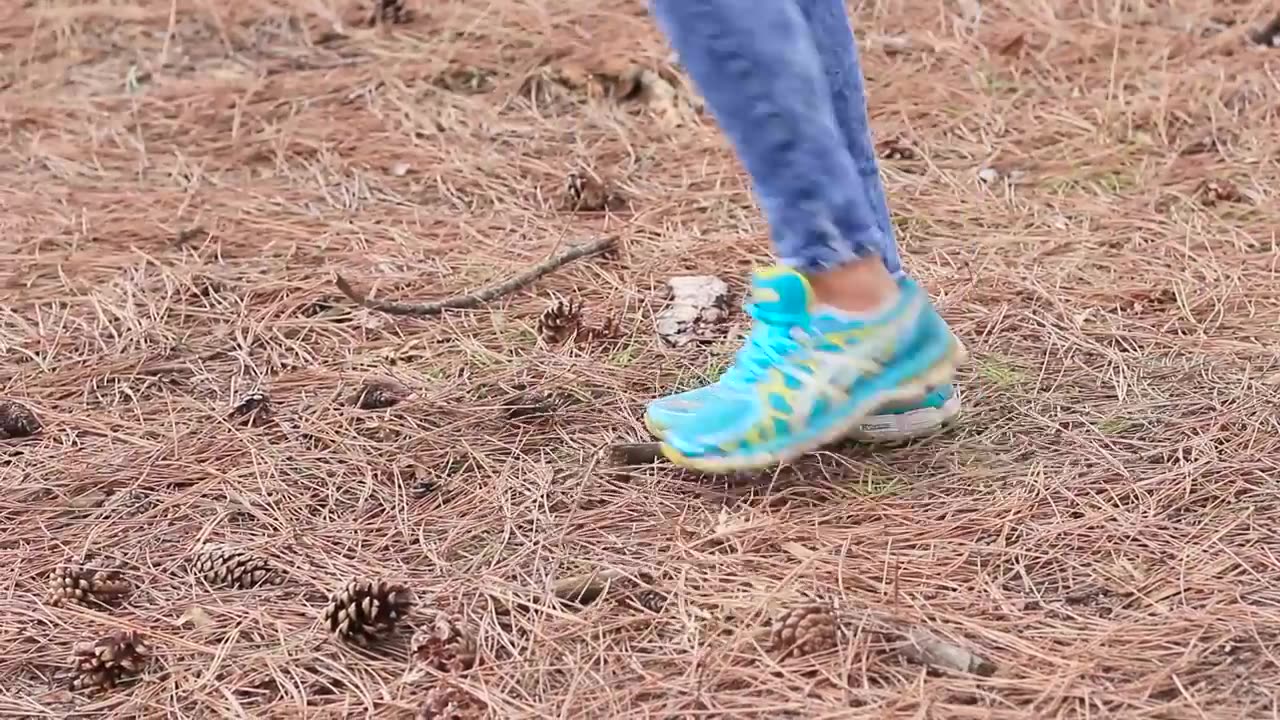Premium Only Content

10 Clever Hacks To Survive In Wildlife steps
Surviving in the wild can be a challenging and potentially life-threatening experience if you're not adequately prepared. Here are ten clever hacks to help increase your chances of survival in the wilderness:
Prioritize Shelter:
Find or create shelter as soon as possible to protect yourself from the elements. Look for caves, overhangs, or use materials like branches and leaves to make a makeshift shelter.
Start a Fire:
Fire provides warmth, protection, and a way to cook food. Carry fire-starting tools like waterproof matches, a lighter, or a fire starter kit.
Water Procurement:
Locate a water source and purify the water before drinking. You can use a portable water filter, boil the water, or use purification tablets.
Signal for Help:
Make yourself visible to potential rescuers by creating large SOS signals on the ground, using reflective items, or signaling with a whistle or a mirror.
Navigation:
Use natural signs like the sun, stars, and terrain to navigate. A simple compass can also be invaluable for finding your way.
Food Procurement:
Learn basic foraging skills to identify edible plants, berries, and insects. Carry fishing gear, traps, or snares to catch small game.
First Aid Skills:
Basic first aid knowledge can be crucial. Carry a compact first aid kit and know how to treat common injuries, bites, and wounds.
Stay Calm and Positive:
Maintain a positive mindset and stay calm. Panic can lead to poor decision-making. Use mindfulness techniques to reduce stress.
Make Tools:
Learn to create essential tools and weapons from natural materials. A sharp stone can become a cutting tool, and a sturdy stick can become a weapon or a digging tool.
Wildlife Awareness:
Learn about the local wildlife, their behaviors, and how to avoid dangerous encounters. Carry bear spray or other appropriate deterrents if you're in an area with potential threats.
Remember, the most critical survival tool you possess is your knowledge. Before venturing into the wilderness, always inform someone of your plans and expected return time. Additionally, carry essential survival gear and be prepared for a wide range of scenarios. Practice these skills in a safe environment or take survival courses to gain hands-on experience before relying on them in a real emergency.
-
 15:10
15:10
GritsGG
12 hours agoInsane Regain Dubular on Warzone Duos w/ Bobby Poff!
1.03K -
 2:48:00
2:48:00
BlabberingCollector
1 day agoReacting To Emma Watson / Jay Shetty Interview, Reading JKR Tweets!
1.41K2 -
 17:52
17:52
The Pascal Show
1 day ago $3.47 earned'PARENTS DON'T BELIEVE HE DID IT!' Candace Owens Says Tyler Robinson's Parents Don't Think He Did It
16.5K10 -
 1:46:23
1:46:23
The HotSeat
12 hours agoCommander In Chief and SECWAR Address The Troops, and I AM HERE FOR IT!
34.9K19 -
 2:07:00
2:07:00
The Michelle Moore Show
2 days ago'President Trump on Radicals, Susie Wiles In Question Again, Erika Kirk Evokes More Questions, Spiritual Calamity Coming For The President?' Guest, Mark Taylor: The Michelle Moore Show (Sept 29, 2025)
41K110 -
 LIVE
LIVE
Lofi Girl
2 years agoSynthwave Radio 🌌 - beats to chill/game to
604 watching -
 33:53
33:53
Stephen Gardner
8 hours ago🔥Antifa PANICS as Trump UNLEASHES Secret Weapon!
39.2K34 -
 2:48:28
2:48:28
Badlands Media
13 hours agoDEFCON ZERQ Ep. 011: RED OCTOBER BEGINS - ARK OF COVENANT - PRECIPICE
148K98 -
 2:08:09
2:08:09
The Charlie Kirk Show
7 hours agoTPUSA Presents This is The Turning Point Tour LIVE with Alex Clark and more!!
96.9K100 -
 1:33:53
1:33:53
Inverted World Live
7 hours agoMan Sees Creature in Loch Ness | Ep. 116
43K7